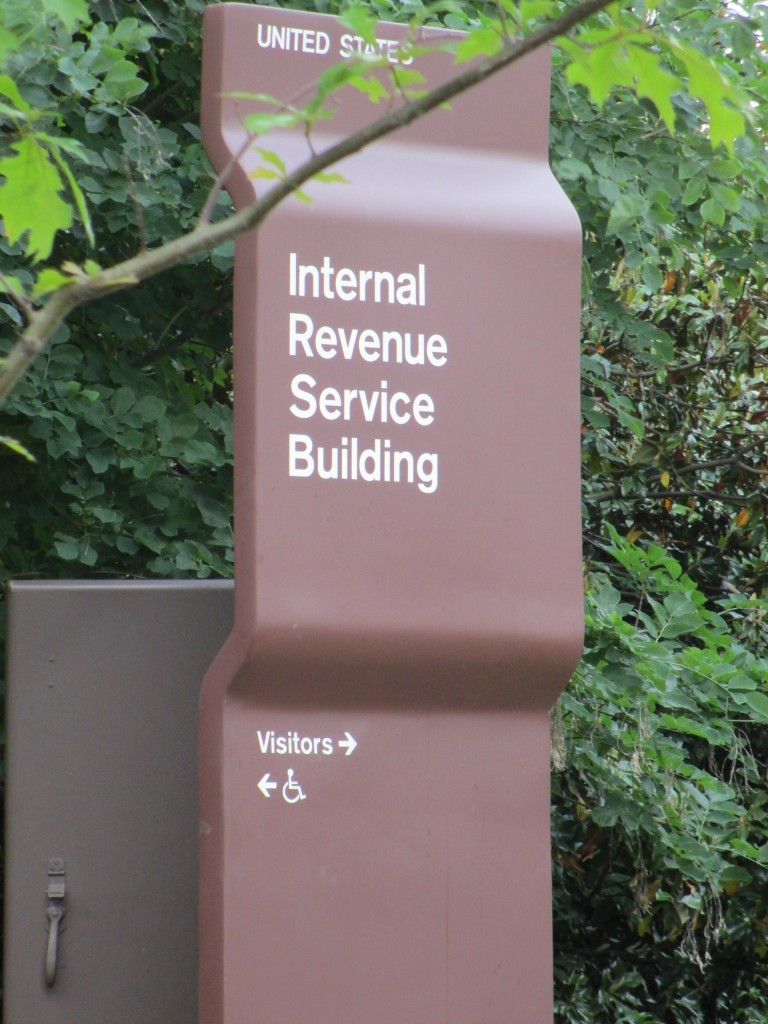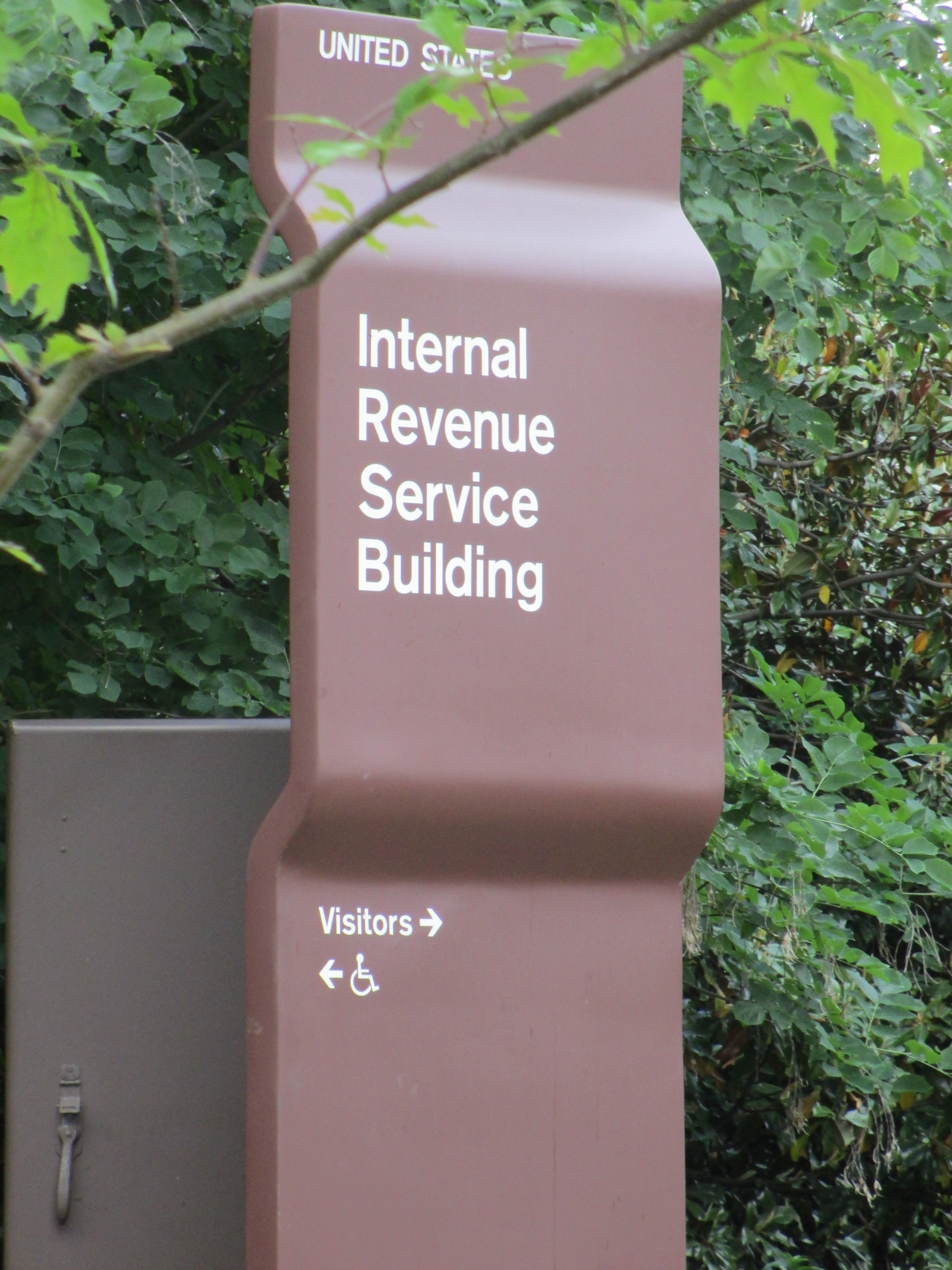Death and taxes.
While the adage has long provided for the only two guarantees in life, it seems that with said taxes, and the emergence of new technologies, comes the promise of the presence of scams from Jan. 1 through April 15.
Betty Braton, chairwoman of Community Board 10, last Thursday detailed how she had recently become the target of an attempted shakedown.
“This guy ‘James of the Internal Revenue Services’ calls me four times in one day,” she said with a laugh at the board’s general meeting. “I just want to say that this is active in our area.”
According to the Internal Revenue Service, this latest hoax, dubbed the IRS-Impersonation Telephone Scam, is an “aggressive and sophisticated” one in which callers, who can sound convincing, claim to be employees of the IRS, but are not. They use fake names and bogus IRS identification badge numbers.
Additionally, it may seem as though the caller knows a lot about you, and they usually alter the caller ID to make it look like the IRS is calling your residence or personal phone.
Victims usually are told they owe money to the IRS and it must be paid promptly through a pre-loaded debit card or wire transfer. If the victim refuses to cooperate, they are then threatened with arrest, deportation or suspension of a business or driver’s license. In many cases, the caller becomes hostile and insulting. Or, victims may be told they have a refund due to try to trick them into sharing private information.
If the phone isn’t answered, the scammers often leave an “urgent” callback request.
The IRS assured that it will never: call to demand immediate payment, nor will the agency call about taxes owed without first having mailed you a bill; demand that you pay taxes without giving you the opportunity to question or appeal the amount they say you owe; require you to use a specific payment method for your taxes, such as a prepaid debit card; ask for credit or debit card numbers over the phone; or threaten to bring in law-enforcement groups to have you arrested for not paying.
For more information, visit irs.gov.
By Michael V. Cusenza


